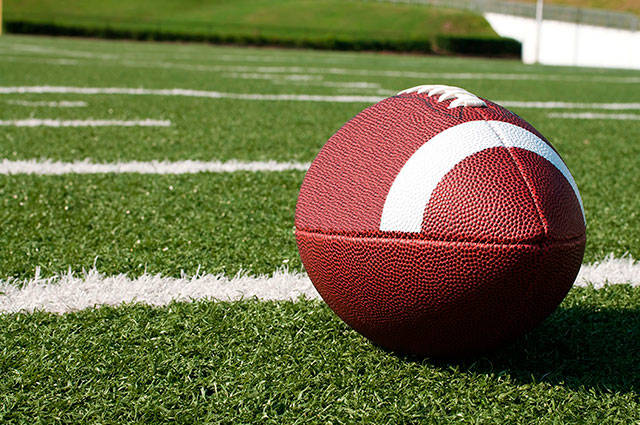If a CFL head coach’s first challenge is successful, the league’s rules committee is recommending he get a second one this season.
Darren Hackwood, the CFL’s senior director of officiating, said Friday’s recommendation came the result of commissioner Randy Ambrosie’s annual cross-country visit with fans. Currently, CFL head coaches have just one challenge per game.
“He basically asked the fans what they thought about that one … and they all kind of were overwhelmingly in favour of letting that happen,” Hackwood said. “So (Ambrosie) brought that to the rules committee and coaches were in favour of it as well.
“Obviously the discussion was around if they have to use their challenge early in the game having another one if something big happens at the end was a good thing.”
The rules committee consists of CFL head coaches, GMs, team presidents, league officials and one representative of the CFL Players’ Association. Its recommendations will go to the league’s board of governors, which will render a decision later this spring.
The committee is also proposing the command centre be able to upgrade a 15-yard roughing-the-passer penalty to 25 yards for a direct blow to a quarterback’s head or neck with the helmet. The defender must have had a clear view of the quarterback and there be no mitigating circumstances on the play like the quarterback ducking.
READ MORE: CFL will use extra on-field official to watch for illegal blows to quarterback
The committee would also like the command centre to help game officials with called and non-called roughing-the-passer penalties. That would include instances where an obvious call was missed because a referee’s view was blocked.
Another recommendation is that a play be whistled dead any time a quarterback carrying the ball gives himself up by sliding with any part any part of his body. Currently, a quarterback can only give himself up by sliding feet first.
Those proposals, Hackwood said, put an emphasis on player safety and further protecting the quarterback.
“We want to make the quarterback a focus, for sure, and player safety in general,” Hackwood said. “There were kind of three points going into the rules committee and player safety was No. 1.
“Second was looking for ways to improve the game and the third was trying to make the game easier to officiate.”
Other recommendations include:
- A 10-yard objectionable conduct call be made for diving.
- The command centre be able to upgrade spearing to a 25-yard penalty when a defender delivers a blow with the top of his helmet and has a clear view of the opponent. Also, there can’t be any mitigating circumstances such as the opponent ducking his head.
- A player receiving two 25-yard penalties in a game be disqualified.
- A kicked or thrown football remain live instead of becoming a dead ball when it touches a goal-post ribbon.
- The command centre being able to assist on-field officials in calling penalties when the injury spotter has intervened in a player-safety situation.
- The command centre be allowed to assist on-field officials with called and non-called roughing-the-kicker penalties.
- Removing the stipulation that a defender be allowed to contact a kicker’s plant leg without penalty if the defender has touched the ball before contact.
- Clarifying the definition of spearing to be when a player uses the top of his helmet as the primary contact point to deliver a blow.
- Making the use of three or more wedge blockers on kicking plays illegal.
- A defensive player not being allowed to deliver a forcible blow to the long snapper while the snapper’s head is down and he’s in a vulnerable position.
If the recommendations are accepted, it will mean the command centre being utilized more during games.
“Technology has got better,” Hackwood said. “If the referee doesn’t have a clear picture of what happened he can turn on his headset and ask the replay official for help.
“We don’t see that being a full-on stop … it’s like a quick, ‘Hey, I think that was roughing the passer. Do you guys see anything different? No, then here’s the flag and let’s go on.’”
Dan Ralph, The Canadian Press



